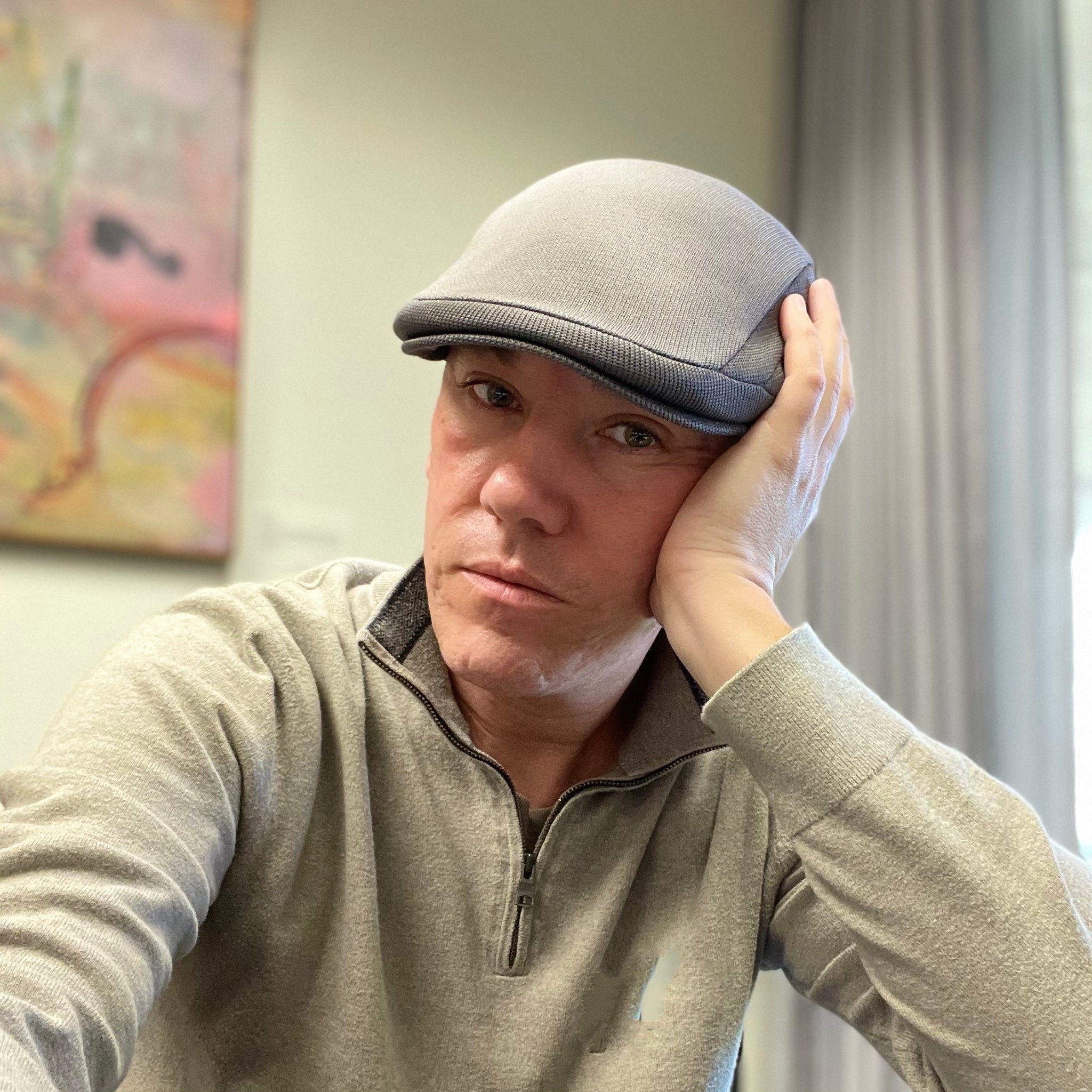Details
Article
We are all Maui.
On August 8th, a series of wildfires spread across the Hawaiian Islands. From the sands of the Big Island to the coasts of Maui, flames swept through dry lands at an unprecedented speed, fanned by violent winds from Hurricane Dora as it churned over the Pacific Ocean.
The most devastating of the fires surged through the historic town of Lahaina, which was once the capital of the Hawaiian Kingdom. After uniting the Hawaiian archipelago into a single nation, King Kamehameha made the town his royal residence. Numerous ali’i–members of the ancestral Hawaiian ruling class–are buried beneath the grounds of the 200-year-old Waiola Church.
In recent years, the community’s cultural significance has fueled generations of artisans and local entrepreneurs. Now, Waiola Church and the town in which it sat have been completely destroyed, leaving only embers and ash to remind the world of the vibrant society that once bustled along the oceanfront.
“Nearly 13,000 residents have been displaced from their homes.”
The statistics are horrifying. To date, the death toll has increased to 114, with over 1,000 people missing. More than 2,200 structures have been annihilated. Public officials estimate that it will cost $6 billion to rebuild Lahaina, a process that will take years. Nearly 13,000 residents have been displaced from their homes.
While government agencies have been predictably slow in their response, the community has risen to fill the void. Donors have given so many physical items to the relief effort that distribution centers have become overwhelmed. A new 30,000-foot storage facility has been established to house items until they are needed. The world’s compassion has poured across our shores like a rolling wave of hope.
“Empathy alone cannot protect us from future fires.”
Yet, empathy alone cannot protect us from future fires or those that seek to use such tragedies to advance what Naomi Klein has called “disaster capitalism,” in which private interests descend on vulnerable communities after natural catastrophes to pad their bank accounts. We have already witnessed this kind of greed in Hawai’i, even as bodies are still being counted. During the first few days that the crisis was unfolding, real estate speculators began preying on people who had lost their homes, offering to buy their land for pennies on the dollar with the malicious intent of reaping financial windfalls when the town is eventually rebuilt.
Individual compassion also will not deliver the systemic changes that are needed to defend other communities from sharing the same fate as Lahaina. Our planet is on fire. Earth experienced its hottest temperatures on record this summer. At its core, the Maui fires are the latest symptom of our persistently worsening climate emergency.
From the hurricane whose winds accelerated the inferno to the atypically arid conditions of the once verdant Maui landscape, the environmental conditions that sparked the blaze are the direct result of our collective inability to grapple with the existential threat of climate change. Fossil fuel companies earned $200 billion in profits in 2022, forty times the amount that it will cost to restore Lahaina. In all likelihood, however, they won’t pay a dime to help Hawai’i recover.
“Our commitment to intersectional advocacy has never been more urgent.”
Accordingly, those who campaign for transformational change must champion sustainable development, clean energy, ecological regeneration, and climate resilience as part of our vision for tomorrow. Our commitment to intersectional advocacy has never been more urgent. If we falter in the fight for climate justice, then all other forms of social progress–from economic empowerment to racial and gender equality to democratic participation–will fail.
I have been doing what I can to uplift the Maui community in the wake of the fires. As the Executive Director of Imua Alliance, a nonprofit service provider for survivors of sexual violence, I have worked to lodge displaced victims of gender violence in host homes on other islands. I also serve as a Chief-of-Staff at the Hawai’i State House of Representatives, where I have begun developing a climate resilience and emergency preparedness policy agenda for introduction during our state’s next legislative session.
“For the sake of humanity, we cannot allow institutional inertia and extractive corporatism to barricade our pathway toward a cleaner and greener horizon.”
Curing our planet’s fever will only occur, though, if we all work to dismantle the contagion of carbon emissions that is sickening our world. For the sake of humanity, we cannot allow institutional inertia and extractive corporatism to barricade our pathway toward a cleaner and greener horizon. It is imperative that we demand a universal response to the climate crisis, even as we battle its particular manifestations. In that way, the struggle for Lahaina’s restoration is a movement in which we are all connected.
You can support the Maui relief effort at the following links:
- Hawai’i Community Foundation Maui Strong fund: Focusing on rapid response and working with local nonprofits to meet community needs.
- Maui United Way: Providing direct relief to families and nonprofits.
- Council for Native Hawaiian Advancement: Matching up to $1.5 million in donations for Maui fire victims as of Friday evening.
- Imua Alliance Maui Relief: Providing shelter and direct financial relief to displaced survivors of gender violence.
Kris Coffield is a Senior Landecker Fellow and US Racial Equity Grantee who has lived and worked in Oahu for many years. As Chief of Staff for Rep. Jeanné Kapela at the Hawai’i State House of Representatives and as Executive Director of Imua Alliance, a non-profit that supports survivors of human trafficking on the islands, Kris works directly and continuously with Hawaiian communities.


